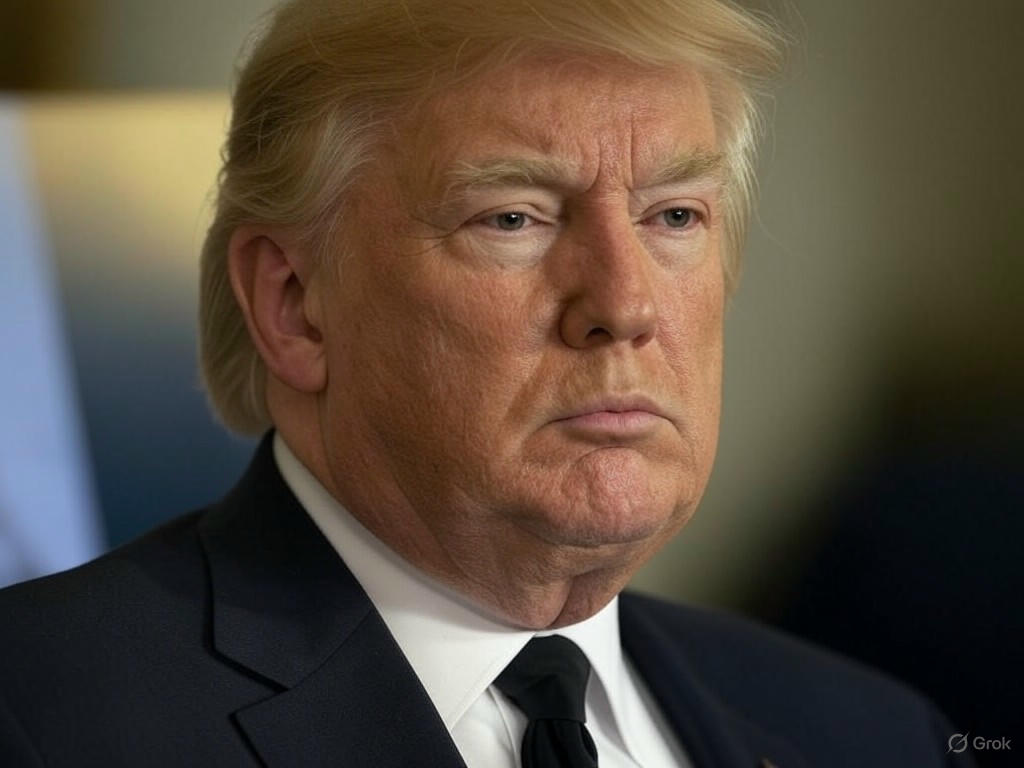In a surprising turn of events, President Donald Trump has once again stirred controversy by publicly criticizing Federal Reserve Chair Jerome Powell. Speaking from Washington, Trump expressed frustration over the central bank’s recent policy decisions, hinting at dissatisfaction with the direction of monetary policy under Powell’s leadership. The President’s remarks, delivered with his characteristic bluntness, have reignited debates about the independence of the Federal Reserve and the potential implications of political interference in economic matters.
Trump’s critique appears to stem from his belief that the Federal Reserve is not aligning with his administration’s economic goals. While the specifics of the anticipated decision were not fully disclosed, sources suggest that the President expected Powell to resist aggressive rate cuts or other measures that Trump views as essential for boosting economic growth. This tension is not new; Trump has previously clashed with Powell over interest rates, often arguing that lower rates would fuel business investment and job creation. However, the Federal Reserve operates with a mandate to balance inflation and employment, a mission that sometimes puts it at odds with short-term political objectives.
What has raised eyebrows even further is Trump’s offhand suggestion that he could take a more direct role in steering the central bank. While it’s unclear whether this was a serious proposition or merely rhetorical flair, the idea of a sitting president assuming control over the Federal Reserve is unprecedented in modern American history. Such a move would likely face significant legal and political hurdles, given the central bank’s established autonomy. Economists and policymakers have long argued that this independence is crucial for maintaining stability in financial markets, as it shields monetary policy from partisan influence. Trump’s comments, however, signal a willingness to challenge these norms, prompting concern among financial experts about the potential erosion of trust in the institution.
The timing of these statements adds another layer of complexity. With the U.S. economy navigating a delicate recovery phase post-pandemic, any uncertainty surrounding the Federal Reserve’s leadership could spook investors and disrupt market confidence. Analysts are already speculating about the long-term impact of this public feud, with some warning that persistent political pressure could undermine the Fed’s credibility on the global stage. Others, however, see Trump’s remarks as a negotiating tactic, aimed at pushing Powell to adopt a more accommodative stance without any real intention of overstepping boundaries.
As this story unfolds, the relationship between the White House and the Federal Reserve remains a focal point for business leaders and policymakers alike. Whether Trump’s latest comments are a passing frustration or a prelude to a more aggressive power play, one thing is clear: the intersection of politics and economics is becoming increasingly contentious. For now, the nation watches as this high-stakes drama continues to play out, with the stability of the economy hanging in the balance.
